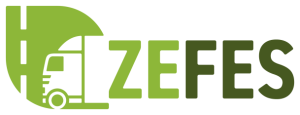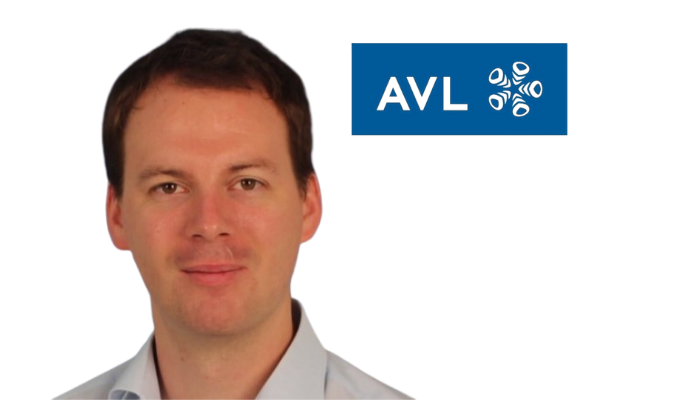Reinhard studied mechanical engineering and business economics at the University of Technology in Graz. He dedicated his career to advancing vehicle electrification, working across leading passenger car and truck OEMs as well as Tier-1 supplier. Currently he works as lead engineer for on-road commercial vehicles at AVL-List GmbH
What was your original motivation to become a researcher/project manager?
I am driven by a passion for problem-solving and a strong desire to generate innovations with real-world impact. I want to contribute to the development of innovative technologies that enable low- or even zero-emission logistics and accelerate the transition toward cleaner, more efficient heavy-duty mobility.
What is your (main) research area today?
I focus primarily on the development of battery-electric and fuel-cell electric trucks, creating innovative solutions that optimize various aspects of these vehicles. At AVL-List, we live by our slogan: ‘Reimagining Motion’ – for a greener, safer, and better world of mobility.
What is the main focus of your team in ZEFES?
AVL List drives forward multiple work packages and tasks, ranging from vehicle requirements and Truck–e-Trailer connectivity to fuel cell degradation, intellectual property, and, most prominently, fuel-cell electric vehicles.
From all your activities within the project, what are you the most proud of/keen to share with the public?
In my opinion, the real USP of ZEFES lies in its focus on the entire ecosystem. True change can only happen when vehicles and infrastructure work together to meet the actual needs of users. Beyond the impressive achievements in needs analysis, real-world driving missions, vehicle development, and digital twin creation, what excites me most is bringing together and aligning all parts of the ecosystem.
How do you expect the ZEFES results will impact your organisation and the transport sector in Europe?
I see the real value of ZEFES in bringing together all stakeholders in transportation, from vehicle development to operational use at logistics companies and freight forwarders. Only by considering the entire ecosystem can true optimization be achieved, weak points identified, and addressed, potentially highlighting the need for further initiatives and frameworks.


